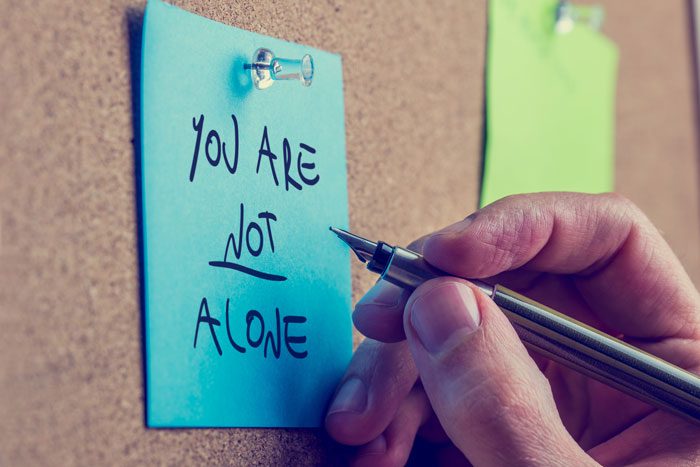 As much as we hope that a loved one in addiction recovery will be sober forever, addiction is a chronic illness with relapse rates of 40-60%.
As much as we hope that a loved one in addiction recovery will be sober forever, addiction is a chronic illness with relapse rates of 40-60%.
Contrary to what many might think, relapse is not the end. Yes, recovery takes hard work and commitment and willpower. But still, relapse happens. Relapse does not mean that a person didn’t work hard enough or care hard enough. Relapse is most often a sign that the treatment plan needs to be adjusted.
If your loved one has relapsed, encourage them to return to treatment. Assure them that you believe in them and that you do not think they are a failure. Help them get in touch with a treatment center or a local recovery support group.
In treatment after relapse, your loved one will attend group meetings, individual therapy, and family therapy. They will examine what worked well the first time and what led to the relapse. Any adjustments to medication or aftercare will be made.
As the loved one of the person in treatment, you can also help by meeting with a therapist and learning how to best support your loved one and how to take care of yourself. You may also want to attend Al-Anon meetings to learn from others who are in similar situations.
Al-Anon will encourage the following three behaviors in supporting a loved one who has relapsed:
- Take care of yourself. As much as you may want to fix this problem for your loved one, you can’t. Step back and focus your attention on yourself. Meditate, exercise, sleep, eat healthy meals, and meet with a therapist. Don’t allow yourself to be pulled down by the situation.
- Set boundaries and consequences. This can be difficult, but boundaries such as ‘no drugs in the house’, or ‘do not call me when you are using’ are important. More so, if a boundary is crossed, it’s vital that you follow through with the consequences.
- Be supportive, loving and optimistic, but do your best not to nag, lecture, or try to fix the issue. You are completely powerless over someone else’s addiction.
